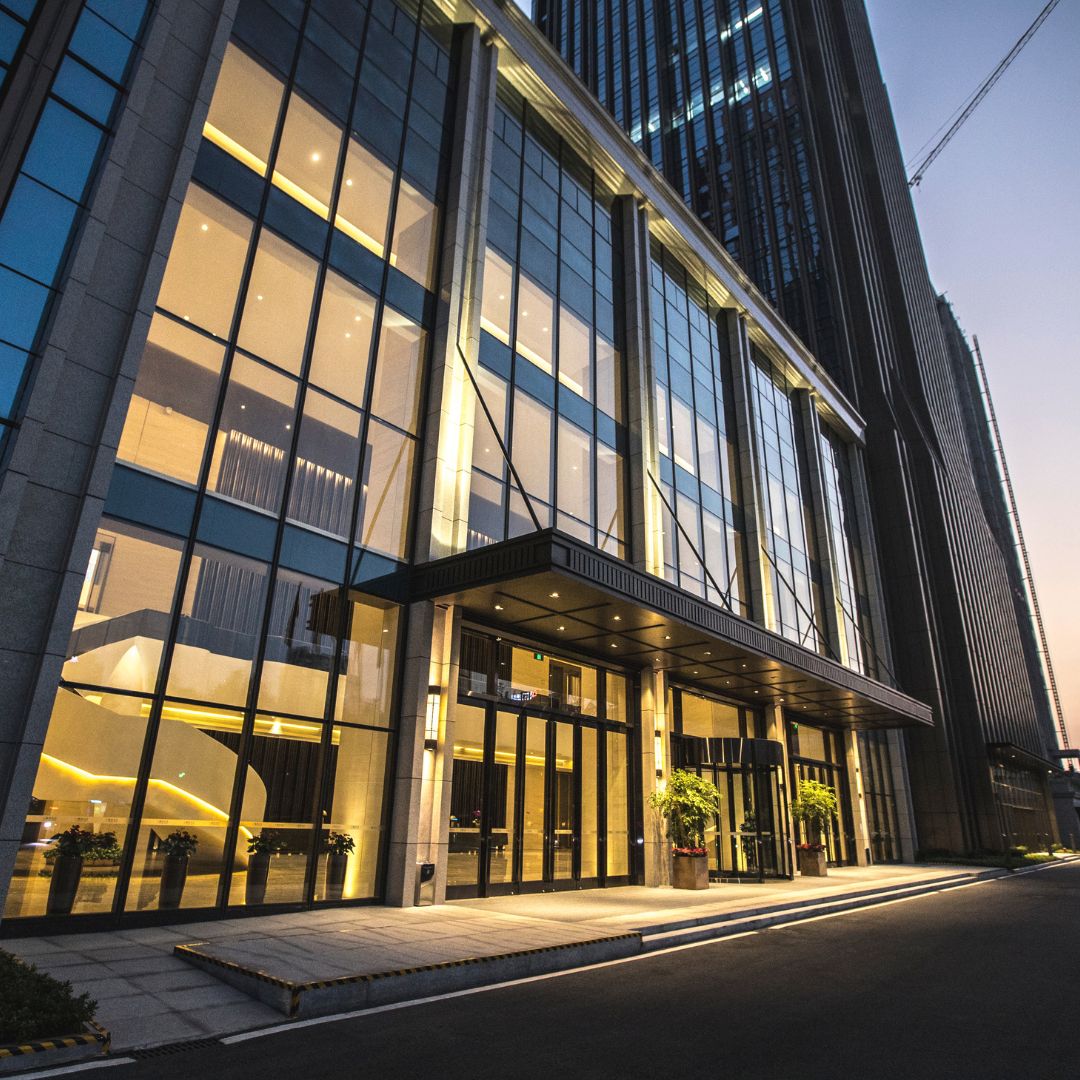When you’re applying for a commercial loan, understanding the factors that lenders consider can help you better prepare and increase your chances of approval. Lenders assess various criteria to ensure that the loan is a safe investment for them and that the borrower has the ability to repay the loan. Here’s a breakdown of the key factors they consider when reviewing a commercial loan application.
1. Credit history and score
Just like residential loans, lenders will look at the borrower’s credit history and score. A higher credit score indicates a lower risk for the lender, while a lower score can signal potential repayment difficulties. Lenders may look at both the personal credit score of the borrower (for business owners or investors) as well as the business’s creditworthiness.
2. Cash flow and profitability
For commercial properties, lenders want to see proof that the property or business will generate enough income to cover the loan repayments. They’ll analyse the property’s rental income or the business’s revenue, and evaluate whether the cash flow is sufficient to meet the monthly loan obligations.
3. Down payment and equity
Commercial loans often require a down payment of 20% to 30% of the property’s value. A larger down payment demonstrates a commitment to the investment and reduces the lender’s risk. Lenders are more likely to approve a loan when they see the borrower has “skin in the game.”
4. Loan-to-value ration (LTV)
Lenders will assess the Loan-to-Value ratio, which compares the loan amount to the appraised value of the property. A lower LTV ratio indicates that the borrower has more equity in the property and is less likely to default on the loan. Generally, lenders prefer an LTV ratio of 65% to 75% for commercial loans.
5. Property appraisal
Before approving a loan, the lender will order an appraisal to assess the property’s current market value. The higher the property’s value, the more secure the lender feels in approving the loan. Lenders may also evaluate the property’s location, condition, and potential for generating income in the future.
6. Economic and market conditions
Commercial real estate can be more volatile than residential real estate. Lenders consider the broader economic and market conditions when assessing a commercial loan application. A thriving local economy with high demand for commercial space will make lenders more comfortable approving a loan, while an economic downturn or oversupply of commercial properties may result in more cautious lending.
Ultimately, when applying for a commercial loan, it’s important to understand the factors that lenders will evaluate. By preparing your finances, ensuring your property is in good condition, and demonstrating that you can generate sufficient income to cover the loan repayments, you can improve your chances of securing the loan you need for your business or investment. Get in touch with UFinancial team member today and take the next step toward your commercial investment!
Disclaimer: The content of this article is general in nature and is presented for informative purposes. It is not intended to constitute tax or financial advice, whether general or personal nor is it intended to imply any recommendation or opinion about a financial product. It does not take into consideration your personal situation and may not be relevant to circumstances. Before taking any action, consider your own particular circumstances and seek professional advice. This content is protected by copyright laws and various other intellectual property laws. It is not to be modified, reproduced, or republished without prior written consent. Content developed in partnership with IFPA.
Subscribe to our newsletter to read about ‘All things finance’
At UFinancial, we love talking about finance-related matters. From home loans and refinancing to financial planning, investing, and tax.



